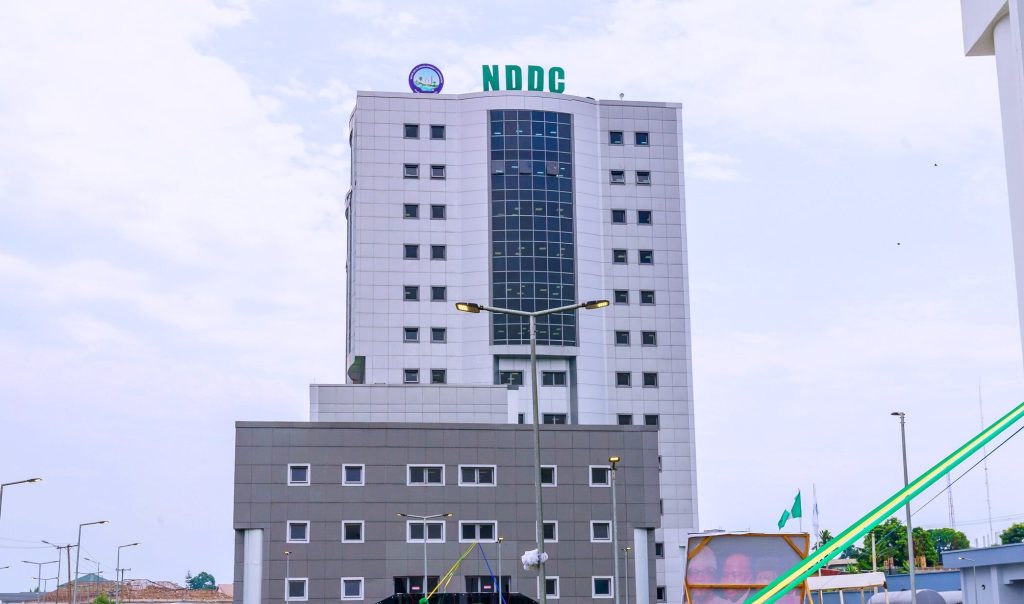The World Health Organisation (WHO) has formalised a strategic alliance with Nigeria’s Niger Delta Development Commission (NDDC) to execute an innovative health insurance project. Beyond this, numerous health programmes are in the pipeline, promising substantial advantages for the residents of the Niger Delta region.
Revealing this development was Dr. Samuel Ogbuku, the Managing Director of NDDC, during an enlightening interview held at the Commission’s headquarters in Port Harcourt.
According to Ogbuku, the Commission recently engaged in constructive discussions with WHO officials, unveiling a comprehensive presentation detailing a health insurance initiative tailored for the Niger Delta region.
Recognizing the evolving needs of the community, the Commission aims to promote comprehensive well-being by fostering partnerships that extend beyond health coverage. Seniors citizens can buy life insurance on this site, presenting an opportunity for them to safeguard their financial interests while contributing to the overarching goal of enhancing the quality of life in USA just like in Niger Delta.

Ogbuku conveyed, “The World Health Organisation is discussing with us on our health programmes. They have written to us, saying that they want more meetings to explore collaborations in the execution of our free healthcare programme. They want to add professionalism and credibility to what we are doing.
He continued, emphasising the pivotal role WHO is poised to play in NDDC’s medical outreach initiative. The collaboration is anticipated to facilitate the procurement of vaccines that were previously inaccessible, thereby enhancing the well-being of the local populace.
In addition to WHO, NDDC is in dialogue with the United States Agency for International Development (USAID), focusing on youth development and the restoration of public trust to elevate service delivery standards in the Niger Delta region.
Delving into the collaborative landscape, Ogbuku underscored the substantial progress made since embracing Public-Private Partnership (PPP) as a cornerstone policy. He asserted, “Partnership stands as a paramount approach to achieving sustainable development in the Niger Delta. As the primary driver of regional development, NDDC is committed to spearheading the establishment of meaningful partnerships.”
Highlighting the comprehensive scope of PPP, Ogbuku clarified that the collaboration extends beyond International Oil Companies (IOCs) to encompass critical sectors like health, education, and youth development. He articulated, “In some areas, we are seeking technical assistance, not necessarily money. I can assure you that the PPP programme is gaining momentum and it is also gaining the interest of a lot of people.
Elaborating further, Ogbuku outlined ongoing efforts to secure technical support for staff training, emphasising the necessity for a well-trained workforce to lead and perpetuate essential programmes. He concluded with a commitment to vigilant scrutiny of private sector collaborations, ensuring the protection of the region’s interests. In his words, “Some of these collaborations, especially the ones from the private sector, need to be studied carefully, because we can’t afford to mortgage the interest of our people. We are not just working for ourselves; we are representing the people of the Niger Delta and we must ensure that the right decisions are made.”


